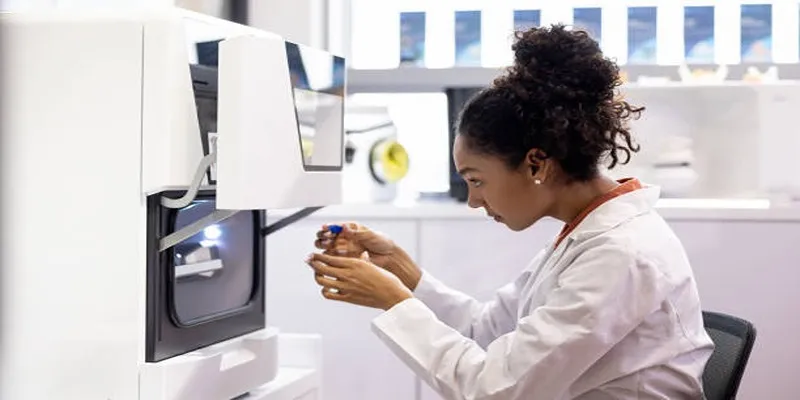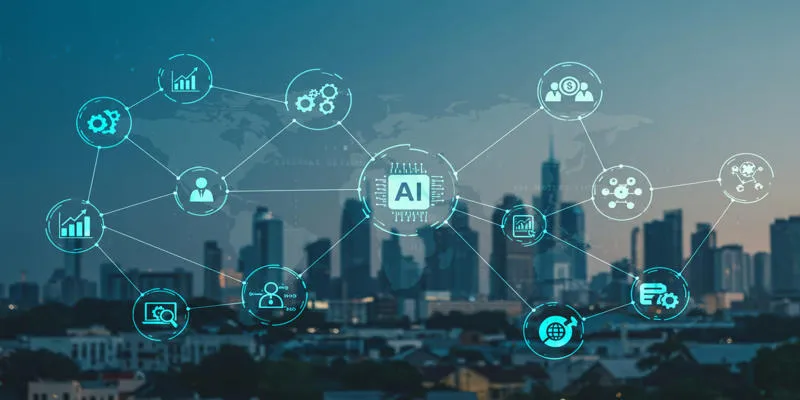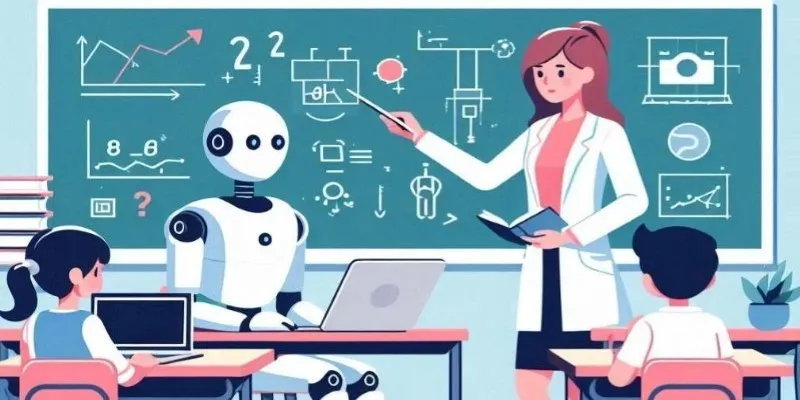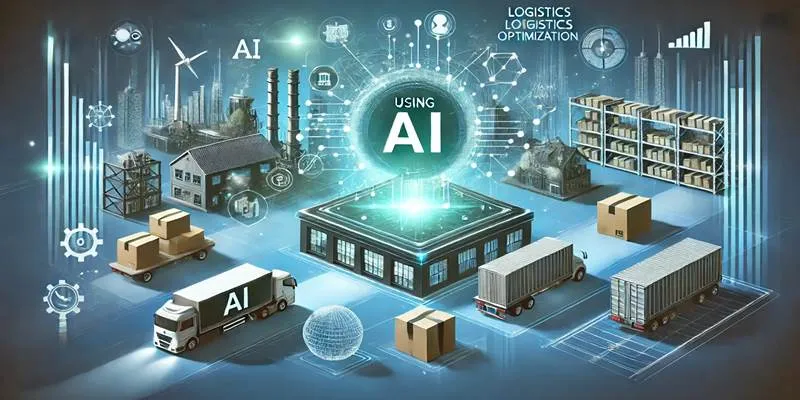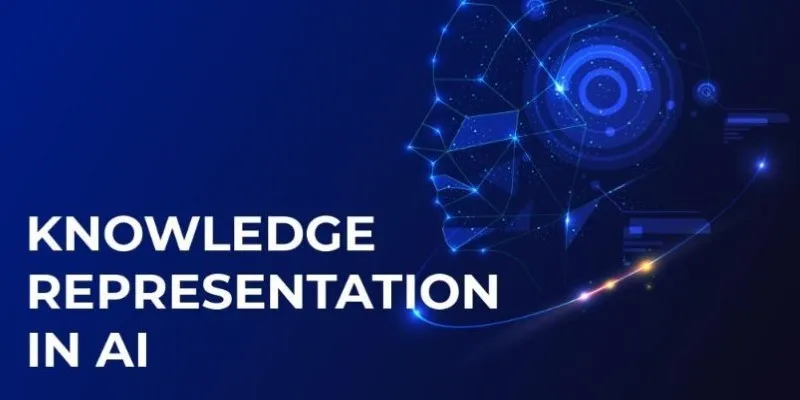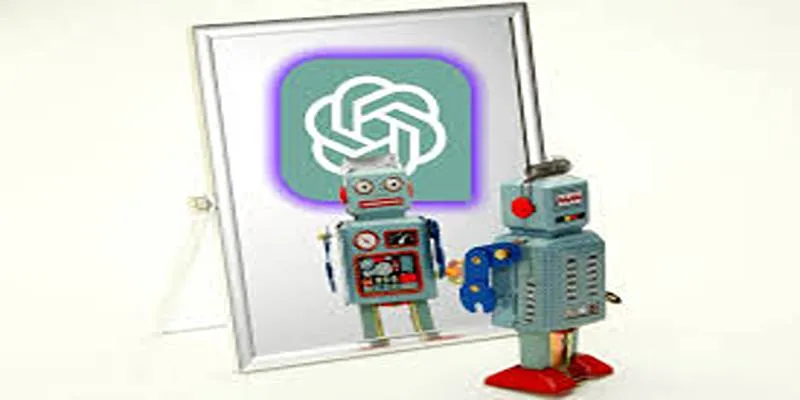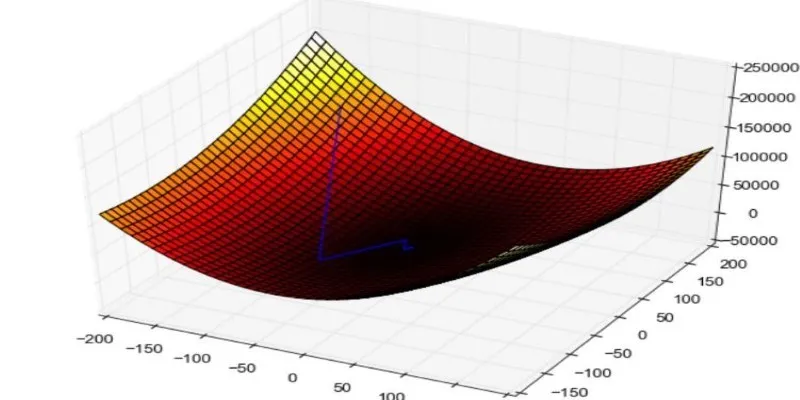The pace of innovation in healthcare has taken an exciting turn, with generative AI leading the charge. This advanced technology, once a speculative dream, is now a transformative tool that helps clinicians make faster, more accurate decisions. From improving diagnostic precision to tailoring treatments for individuals, generative AI in healthcare is no longer just a futuristic concept—it’s a reality reshaping how we approach medical care.
Artificial intelligence and healthcare form an interdisciplinary entity with enormous opportunities to positively impact patient outcomes and simplify the practice of medicine. This progress translates to real people receiving tangible benefits through better, faster, and more affordable care.
Harnessing the Power of Generative AI for Diagnosis
One of the significant medical breakthroughs is the use of generative AI in diagnostics, an area once dominated by human expertise and substantial manual processes. Accurate diagnosis of illnesses requires analyzing data from multiple sources, including medical images, lab results, and patient histories. Generative AI rapidly processes vast amounts of data, transforming diagnostics by providing faster, more accurate assessments.
In radiology, AI-based models are revolutionizing image interpretation. With high accuracy, they can review X-rays, MRIs, and CT scans, detecting minor anomalies that even the most skilled specialists might overlook. Improved precision reduces the chance of misdiagnosis and allows earlier identification of severe conditions like cancer and cardiovascular diseases. The time saved through AI analysis enables radiologists to focus on complex cases, enhancing workflow efficiency.
Generative AI, continually evolving, extends its diagnostic capability beyond imaging. It now integrates diverse patient data to provide a comprehensive health perspective, aiding doctors in detecting diseases early in their cycle. This advancement in medicine heralds not only speedier diagnoses but also greater accuracy, ultimately saving more lives.
Revolutionizing Treatment Planning and Personalized Medicine
Generative AI is revolutionizing disease diagnosis and redefining treatment planning, making personalized medicine a reality. Traditional treatment methods often adopt a one-size-fits-all approach, overlooking individual differences in genetics, environment, and lifestyle. Generative AI addresses this gap by analyzing diverse patient-specific data to develop tailored treatment plans that enhance effectiveness and minimize risks.

In oncology, AI-driven healthcare tools are achieving remarkable progress in creating customized cancer therapies. By examining genetic profiles and specific mutations, generative AI can recommend drug combinations and treatment strategies best suited to each patient’s unique condition. This precision reduces the need for generalized trial-and-error treatments, sparing patients from unnecessary side effects and emotional strain while increasing the likelihood of successful outcomes.
Moreover, generative AI models are instrumental in simulating drug interactions and predicting treatment outcomes. By conducting virtual simulations before actual clinical applications, healthcare providers gain invaluable insights into therapy effectiveness, reducing potential complications. As technology advances, it promises to expand personalized medicine beyond oncology to various diseases, offering more accurate, efficient, and patient-centered healthcare solutions that were previously unimaginable.
Enhancing Medical Research and Drug Development
Generative AI is a game-changing innovation in healthcare, enhancing medical research and drug development. Traditionally, developing a new drug involves years of rigorous research, costly clinical trials, and significant financial risk. Generative AI revolutionizes this process by dramatically speeding up research timelines and cutting costs. By analyzing vast datasets from past trials, scientific literature, and real-world health data, AI models can quickly identify potential drug candidates, reducing the early-stage research period from years to months.
Beyond drug discovery, AI-driven healthcare tools optimize clinical trials. Generative AI helps predict which patient groups are most likely to benefit from a particular treatment, enabling more targeted and efficient trials. This increases the likelihood of trial success, reduces unnecessary patient exposure, and accelerates regulatory approvals, ultimately bringing life- saving drugs to market faster.
Additionally, generative AI is advancing drug repurposing—finding new uses for existing medications. This capability is crucial in urgent health crises, such as pandemics, where rapid identification of effective treatments is essential. By significantly shortening the research and development cycle, generative AI not only enhances innovation but also makes treatments more accessible, marking a significant leap forward in modern medicine.
Bridging the Gap in Healthcare Accessibility
One of the most promising aspects of generative AI in healthcare is its potential to bridge the gap in healthcare accessibility, especially in underserved regions. Many parts of the world face a shortage of trained medical professionals, making timely and quality healthcare a challenge. AI- driven healthcare solutions can help mitigate this by providing remote diagnostics, virtual consultations, and AI-assisted treatment recommendations.
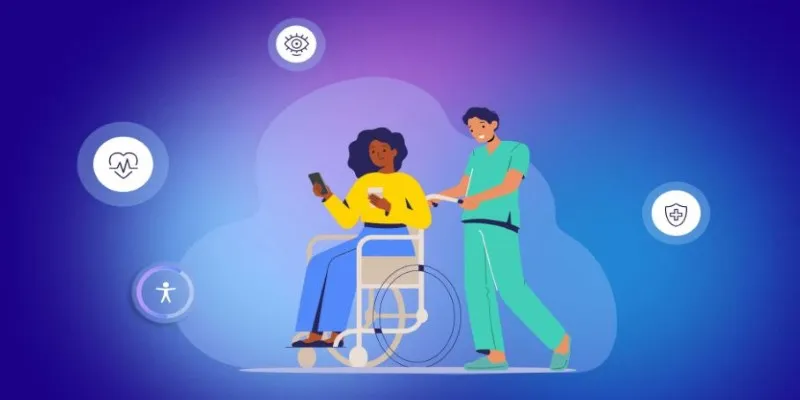
For instance, generative AI tools enable remote clinics to perform complex diagnostic assessments without requiring specialists to be physically present. These tools can guide healthcare workers in identifying diseases and recommending appropriate treatments. Moreover, AI-powered chatbots and virtual assistants can provide basic medical advice, monitor chronic conditions, and remind patients to take their medications. This not only improves access to healthcare but also helps reduce the burden on already overstretched medical systems.
Generative AI has the potential to democratize healthcare through scalable, AI-enabled solutions, making quality medical care available to more people regardless of geographic or economic barriers.
Conclusion
Generative AI in healthcare is revolutionizing the way we diagnose, treat, and manage diseases, bringing unprecedented precision and personalization to healthcare. Its applications, from speeding up drug discovery to improving accessibility in remote regions, highlight its transformative potential. However, progress comes with challenges—ensuring ethical use, maintaining data privacy, and fostering collaboration between AI developers and healthcare professionals. As we advance, the focus must remain on integrating AI responsibly to enhance human expertise rather than replace it. With continued innovation and thoughtful implementation, generative AI promises a future where healthcare is more effective, inclusive, and tailored to individual needs.
 zfn9
zfn9




